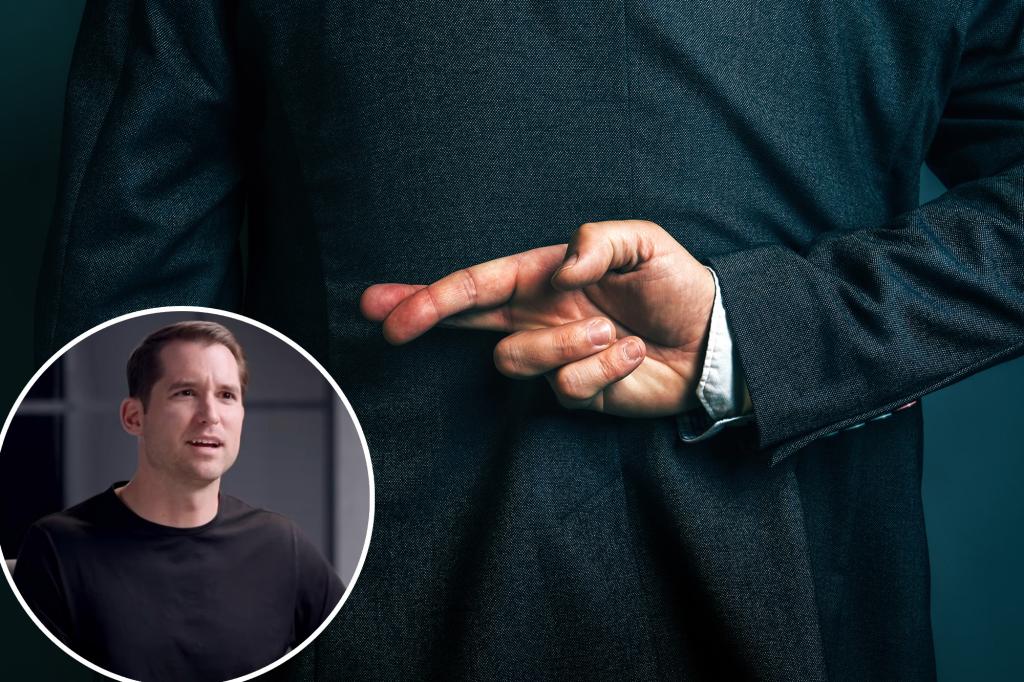Liar, liar.
On a recent episode of the podcast Diary of a CEO, trial lawyer Jefferson Fisher revealed the one word liars often use that’s a “dead giveaway” to their deceit — and the tactic to get them to confess.
The top debater shared that when people are trying to hide the truth, they often rely on absolutes, like “never” or “always,” as originally reported by the Mirror.
To demonstrate his point, Jefferson walked listeners through a scenario.
When he asked Steven to pose the question: “Were you texting while you were driving that day?” Jefferson responded: “No, I never text. Never text when I drive.”
“Notice I said a big word. I said ‘never’. Never is an extreme. Extremes are a dead giveaway that they’re usually not telling the truth,” Jefferson said.
“Everybody texts when they drive at some point in time, even in your car. Never and always. It’s always or never true. So that’s a big one.”
He also said that liars often respond to questions “really quickly,” which shows that they didn’t actually contemplate the question they were asked or try to remember something.
To catch a liar, Jefferson advises people to slowly repeat the questions they’re asking because most likely the person will retract their original statement.
“They’ll say, ‘well, I mean sometimes I do’, because now they hinge on that word ‘never’,” Jefferson said.
And it turns out that lying could affect your mental health.
A study on lying was conducted by researchers at the University of Twente in the Netherlands. The team asked participants to keep track of their lying for a day.
The findings revealed that 22% of people told a self-centered lie, 8% told a lie to protect another person, and 69% reported not lying that day.
The researchers discovered that the lying participants had lower self-esteem compared to those who told the truth.
“Participants who were asked to recall a situation in which they lied … reported to have experienced lower self-esteem after the situation compared with participants who were asked to recall a situation in which they did not lie,” the team wrote.
Read the full article here
